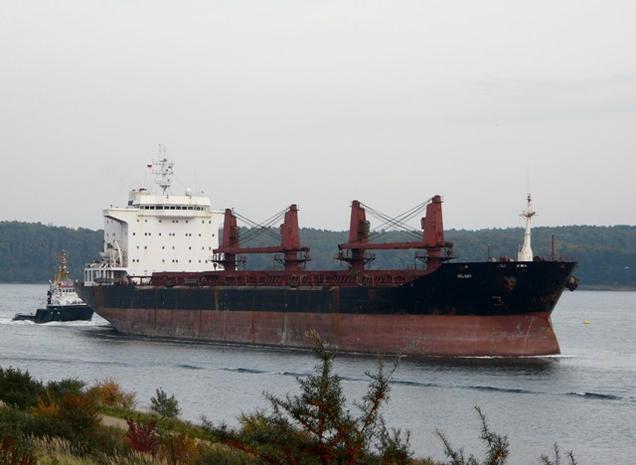
“We were to import four tankers or cargos of about 990,000 each from Iran in July. But were able to get one as the cost, insurance and freight (CIF) approval was withdrawn by the Indian government,’’ Mangalore Refineries and Petrochemicals Limited (MRPL) Managing Director, P.P. Upadhya told journalists in New Delhi on Friday.
Following the imposition of the European Union sanctions from July 1, the Indian government had allowed import of crude oil from Iran in ships arranged by Tehran. It had allowed MRPL and other OMCs to import oil from Iran on CIF basis. It was left to Tehran to arrange for ships and insurance under this arrangement.
However, the permission to MRPL and other OMCs was revoked within days leaving them high and dry. The U.S. had imposed sanctions against National Iranian Tanker Company and its 58 vessels. MRPL had in 2011-12 contracted 7.3 million tonnes of crude oil from Iran but imported only 6.2 million tonnes as India cut imports from Persian Gulf nation to win a waiver from U.S. sanctions.
MRPL Director (Finance), Vishnu Aggarwal said that while India has got waiver from U.S. sanctions for its import of crude oil from Iran, shipping was not covered in that.
Crude oil imports from Iran are possible only if state insurers led by General Insurance Corp. (GIC) provide insurance cover for domestic ships carrying Iran crude. However, the matter for sovereign guarantee for ships is still pending resolution with the government.
On its part, it is understood that GIC had agreed to provide domestic ships a $ 50 million of cover for hull and machinery (H&M) and a similar cover for protection and indemnity (P&I) but this has been delayed as company has not got approval from the insurance regulator.
Mr. Upadhya informed said MRPL had imported 1.2 million tonnes of crude oil from Iran so far this fiscal beginning April 1, 2012. To compensate for the loss of crude oil supplies from Iran, the company has almost doubled its purchase of oil from spot market. It now buys up to 3 cargoes or shiploads every month instead of one earlier. It has this year started buying oil from Iraq after signing an annual contract for 11,000 barrels per day or just over 0.5 million tonnes. It buys 2.5 million tonnes on term contract from Saudi Arabia and another 2 million tonnes from Abu Dhabi.
Mr. Agrawal said the company has covered supplies of up to 9 million tonnes this year from overseas sellers and domestic fields like Bombay High. Of the 14.5 million tonnes of crude oil processing planned this year, the company is reliant on Iran for only 5 million tonnes. “Even out of this, we have imported 1.2 million tonnes. So the uncovered supplies are very less,’’ he remarked.





Comments
Add new comment